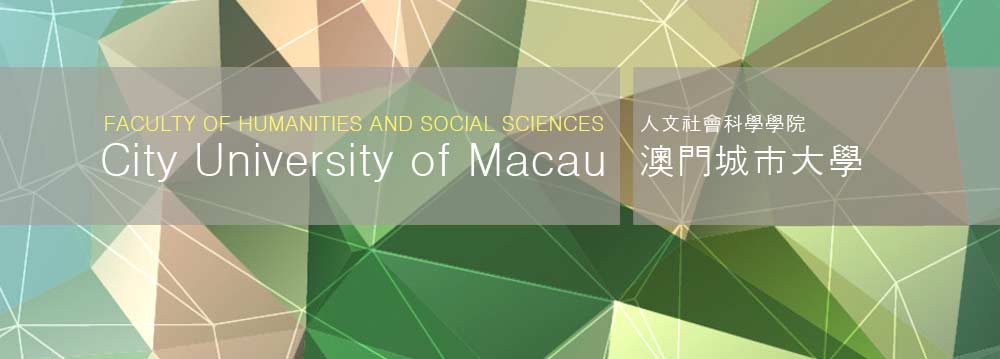
The Faculty of Humanities and Social Sciences (FHSS) is distinguished by its unique disciplinary strengths and a commitment to integrating teaching, research, and practical application. A landmark achievement in the 2023 academic year was the successful launch of a comprehensive suite of Applied Linguistics programs at the undergraduate, master's, and doctoral levels—the first of its kind in Mainland China, Hong Kong, and Macao to cover the entire academic spectrum. Beyond Applied Linguistics, the Faculty offers eight degree programs across bachelor's, master's, and doctoral levels in fields such as Cultural Industries, English, Portuguese, and Chinese Culture Studies. Supporting units like the General Education Department and the Applied Linguistics Research Centre further enhance the academic environment, with general education courses provided to bolster students' overall development.
The Faculty is a vibrant hub for academic and cultural exchange, hosting diverse activities in areas including Cultural Industries Studies, Cross-cultural Communication, Digital Cultural Industries, and Applied Linguistics. It actively pursues research, undertaking projects funded by the Macao Foundation, the Macao Cultural Affairs Bureau, and the Macao Higher Education Fund, with the core mission of cultivating interdisciplinary professionals for the humanities and social sciences.
Pioneering Programs
The Applied Linguistics program suite seamlessly blends theoretical knowledge with practical skills, offering students a broad curriculum and specialized training to pursue their professional ambitions and research interests. Graduates are equipped for careers in language-related sectors such as tourism, entertainment, media, communications, international trade, and translation. They also gain a solid foundation for academic research in language education, linguistics, cross-cultural communication, and translation studies, preparing them to tackle complex, language-related challenges.
The City University of Macau holds the distinction of being the first in Macao to offer a Master's degree in Cultural Industries Management, a program that remains unique in the region. Building on this success, it gained approval in 2018 to launch a Doctoral program in Cultural Industries Studies. The master's program fosters core competencies in creative planning, management, and marketing, focusing on cultural resource development, enterprise case studies, and policy analysis, while also encouraging a critical perspective. The doctoral program adopts a macro-level political economy lens, leveraging methodologies from political science, sociology, anthropology, and cultural studies to forge innovative research paths. The programs are strengthened by a faculty that includes renowned visiting scholars from around the world.
Meeting Societal Needs
In response to regional development needs, the Faculty's Bachelor of English program addresses the growing demand for English education and translation talent within the Guangdong-Hong Kong-Macao Greater Bay Area. It offers two specializations: English Education (Secondary) and English-Chinese/Chinese-English Translation, combining theoretical grounding with practical internships. The Bachelor of Portuguese program supports the Macao SAR Government's bilingual talent policy, training professionals to serve as crucial links between Macao, Mainland China, and Portuguese-speaking countries.
Newly established Bachelor's and Master's programs in Social Work are designed to cultivate highly adaptable professionals. The curriculum moves from a research foundation to theoretical teaching, culminating in practical, socially relevant methodologies. These programs aim for academic rigor, professional excellence, and internationalization, preparing graduates for social service or academic research with a global perspective.
Mission and Impact
Guided by the principle of "Renewing the Humanities, Managing Society," the Faculty strives to be a cornerstone of the University and a significant influence within Macao and the wider region. Since its establishment in 2011, the Faculty has completed 16 research projects, participated in 5 national and ministerial-level projects, published over 40 books, and produced more than 220 academic papers. Its academic staff of 55 includes 1 Chair Professor, 4 Professors, 1 Distinguished Professor, 6 Associate Professors, 32 Assistant Professors, and 12 Lecturers. As of the 2024 academic year, it serves a vibrant student body of approximately 120 preparatory students, over 850 undergraduates, 250+ master's students, and 170+ doctoral candidates.
.png)


 Search
Search Language
Language